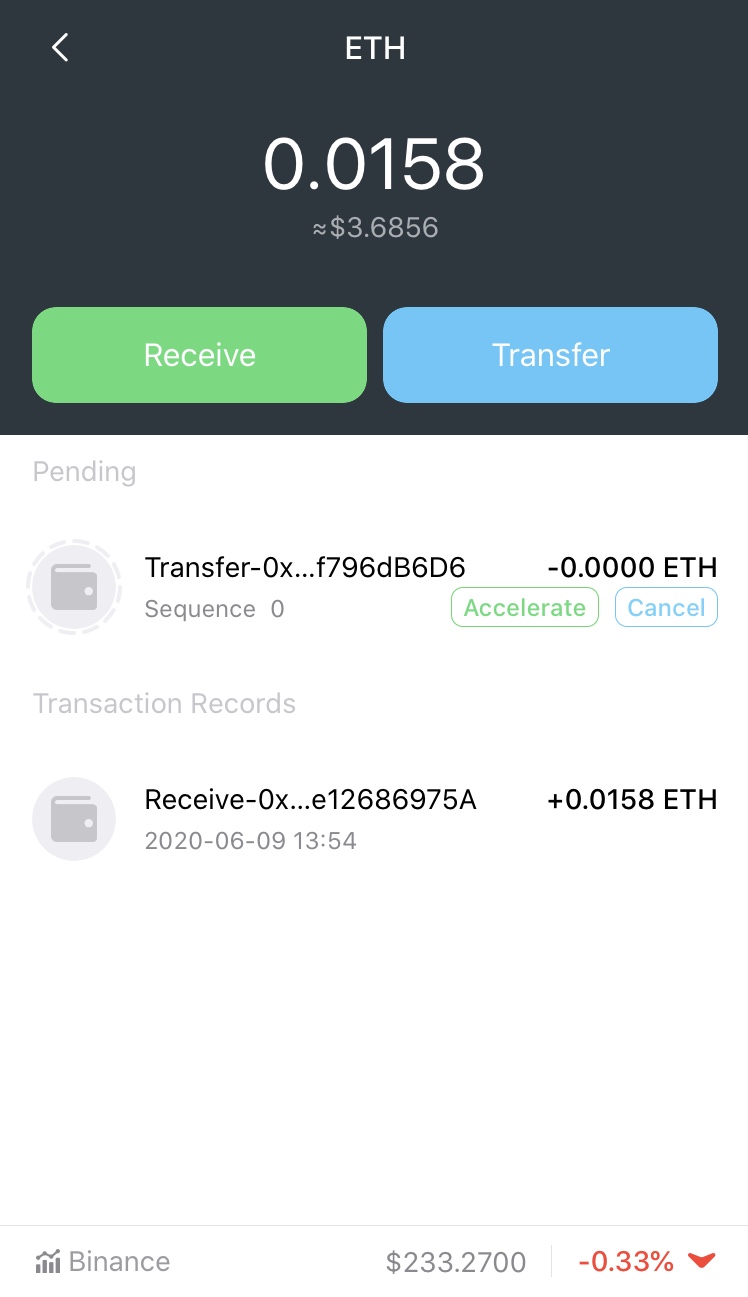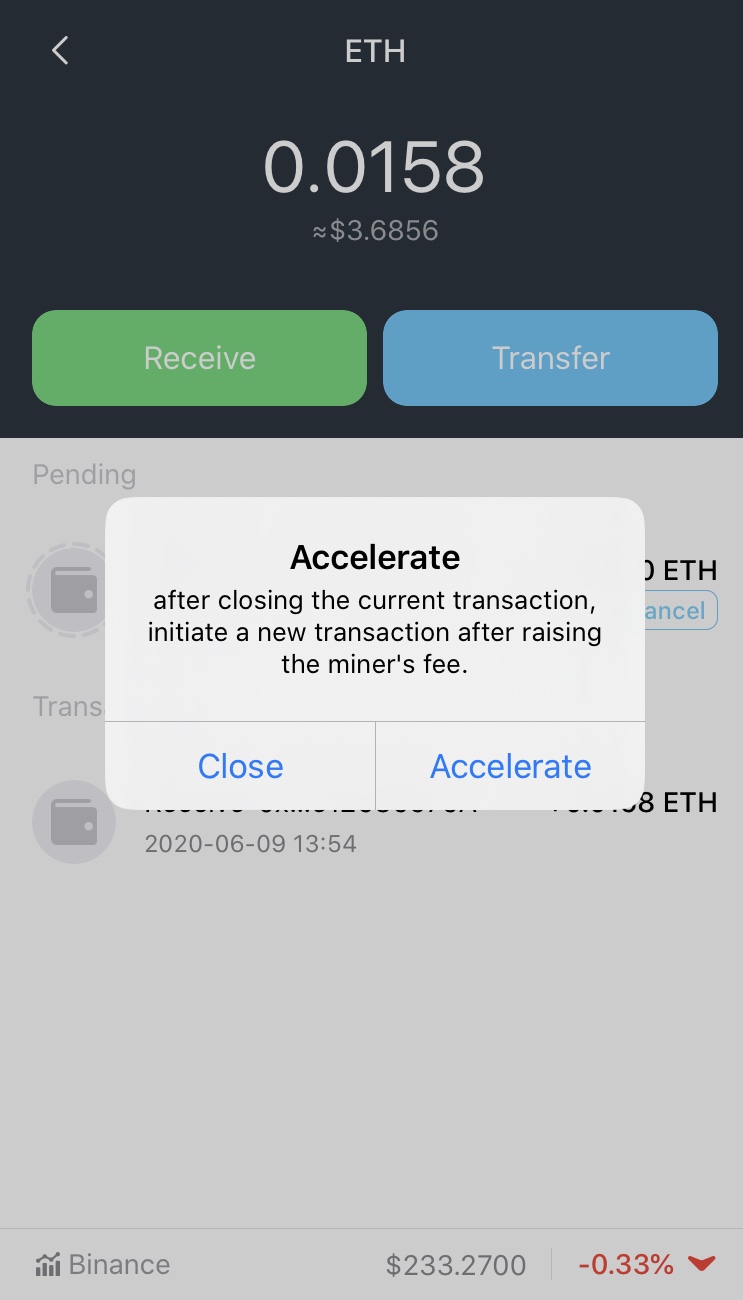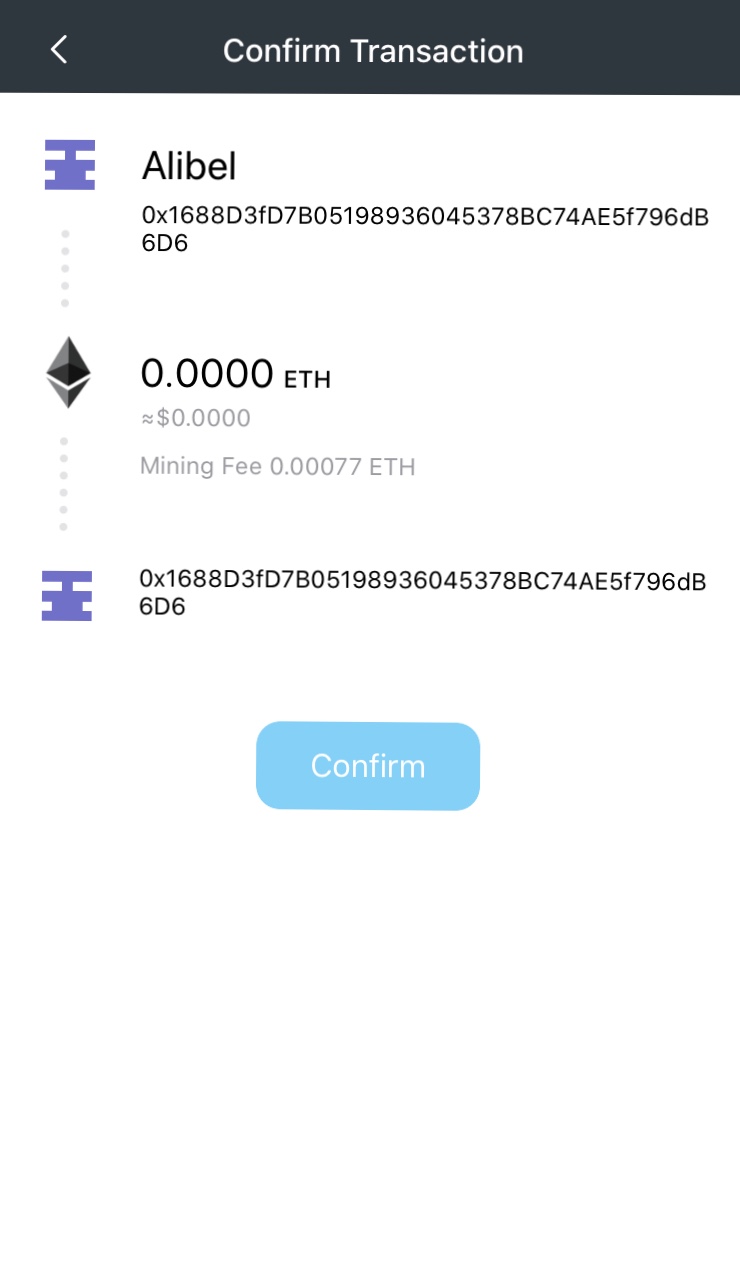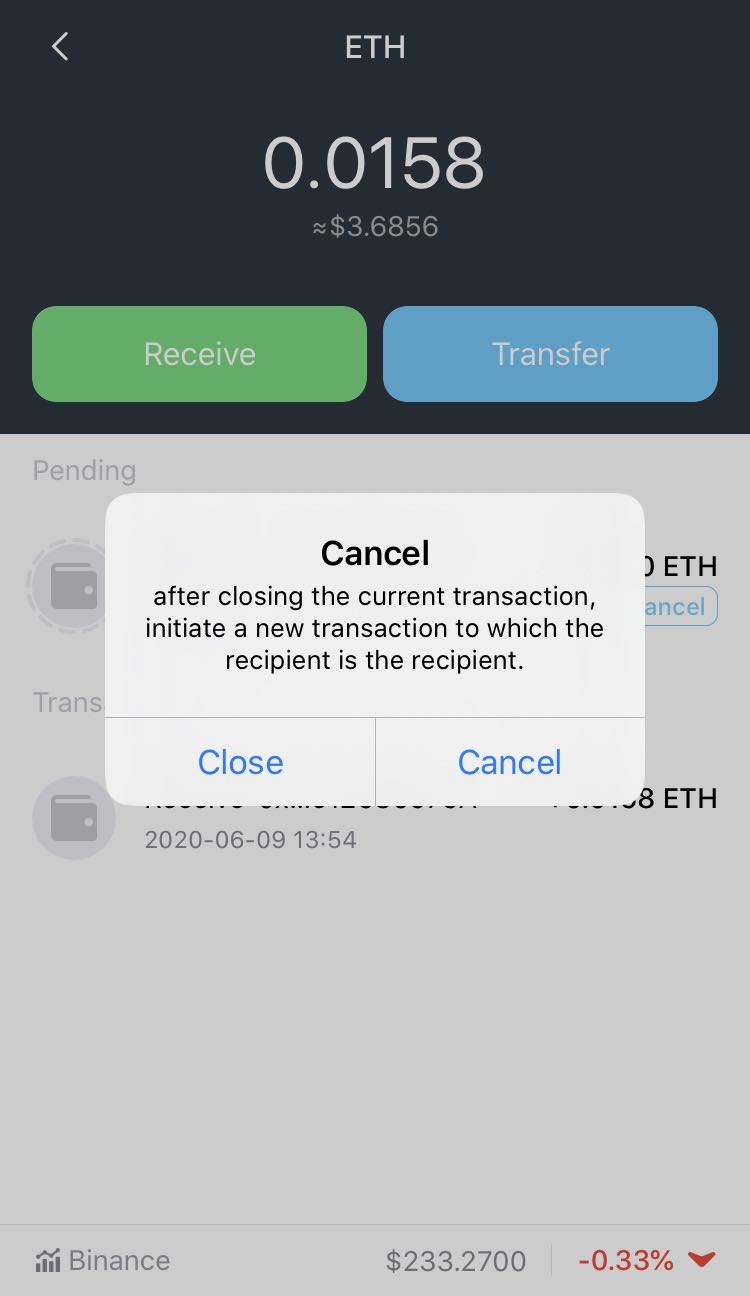Every time you make a transaction, you pay a sum of money — GAS fees. What is it? Is it paid to the Wallet/Exchange? And the community has been discussing whether EIP – 1559 will lower the GAS fee.
Who is charging for GAS Fees?
Let’s take a look at GAS fees first. If you made an operation on Ethereum, ths operation will run on each computer node participating in the network, and is performed by miner. Therefore, GAS fees are awarded to miner, not MathWallet or any exchange.
As mentioned above, blockchain transactions need to be performed by miners. Therefore, when multiple transactions occur together, miners prioritize transactions with higher GAS fees.
And that explains why GAS fees keep changing.
With the rise of NFT and DeFi , the number of transactions increases, and the Gas fees are higher and higher. In order to get miners to prioritize their transactions, users star the Gas War. GAS fees are getting higher and higher.
Some MathWallet users may ask: When I make transaction in MathWallet App, I choose the standard speed, how come the GAS fee still increase?
This is because MathWallet will keep an eye on the congestion of Ethereum and change the GAS fee to make sure you can trade smoothly.
What if the transaction is still stuck?
As Ethereum has been experiencing a high intensity activity, the gas fee is particularly unstable. Therefore, when encountering an Ethereum GAS jam, the Ethereum transaction may become “stuck” in such a way that the transaction can’t be completed.
If you are using MathWallet, you may use the acceleration/cancellation function.
Accelerate the transaction
When a trade is initiated and waited for a long time, you can click Accelerate.

Click on the Accelerated, the transaction would then be packed more quickly and the original transfer will be replaced.

Click “Confirm” after the miner’s fee is confirmed.

Cancel the deal
After clicking cancel, a trade will be sent to cancel the current trade, the current trade will fail, the same steps as when “accelerated trade”

Does EIP-1559 help lower the GAS fee?
EIP (Ethereum Improvement Proposal)-1559 is a significant changes to the fee market in Ethereum. Under EIP-1559, The fee has been divided into two parts: a base fee and the tip. Only the tip is paid to the miners, and the basefee is “burned”.
The base fee is adjusted dynamically according to the level of activity on the Ethereum blockchain. The more active the network, the higher the base fee and the more the base fee is destroyed.
It doesn’t seem to have much effect on reducing the Gas fee, because its main purpose is to make Gas fee more stable and predictable, and less inflation/sell pressure for ETH.
For more details on EIP – 1559: